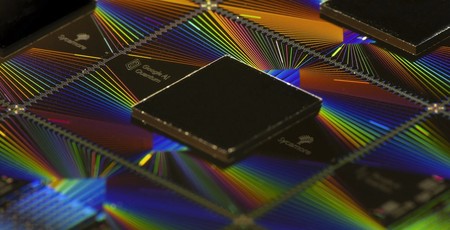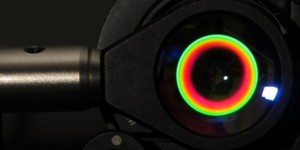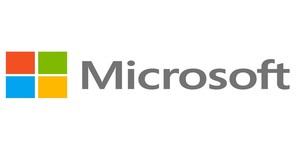
Google claims its quantum computing efforts have reached the milestone of quantum supremacy, demonstrating a performance considerably higher than achievable via traditional binary computation - but its competitors aren't so convinced.
Google kicked off considerable discussion last month when a paper claiming its in-house quantum computing processor - which uses qubits, capable of representing a continuum between 0 and 1, rather than binary bits - had achieved quantum supremacy was accidentally leaked prior to its official publication. Now, the company has published it properly via the journal Nature - but not everyone agrees with its conclusions.
'Today, Nature published its 150th anniversary issue with the news that Google’s team of researchers have achieved a big breakthrough in quantum computing known as quantum supremacy,' claims Google chief executive Sundar Pichai. 'It’s a term of art that means we’ve used a quantum computer to solve a problem that would take a classical computer an impractically long amount of time. This moment represents a distinct milestone in our effort to harness the principles of quantum mechanics to solve computational problems.'
The actual workload executed on the company's 53-qubit quantum computer, codenamed Sycamore, does nothing practical - but it does in 200 seconds what Google claims it would take the world's fastest supercomputer 10,000 years to achieve. In short: Google claims to have achieved quantum supremacy, the proof that a quantum computer can be built which solves a problem considerably more quickly than traditional binary computers.
Those competing with Google, however, disagree with the company's conclusions - in particular IBM, which has its own 53-qubit quantum computer design. 'In the paper, it is argued that [Google's] device reached "quantum supremacy" and that "a state-of-the-art supercomputer would require approximately 10,000 years to perform the equivalent task." We argue that an ideal simulation of the same task can be performed on a classical system in 2.5 days and with far greater fidelity,' claim IBM's Edwin Pednault, John Gunnels, and Jay Gambetta in a joint post on the IBM Research blog. 'This is in fact a conservative, worst-case estimate, and we expect that with additional refinements the classical cost of the simulation can be further reduced.
'Because the original meaning of the term "quantum supremacy," as proposed by John Preskill in 2012, was to describe the point where quantum computers can do things that classical computers can’t, this threshold has not been met,' the researchers continue. 'Building quantum systems is a feat of science and engineering and benchmarking them is a formidable challenge. Google’s experiment is an excellent demonstration of the progress in superconducting-based quantum computing, showing state-of-the-art gate fidelities on a 53-qubit device, but it should not be viewed as proof that quantum computers are "supreme" over classical computers.'
Intel, which has its own quantum computing research efforts underway, argues that achieving quantum supremacy isn't the point: The rewards will go to those who commercialise the technology first. 'Universities, governments and technology companies around the world are striving to achieve a commercially-viable quantum computing system. While the collective progress is real – and is getting noticed – the field is still at mile one of what will be a marathon toward quantum computing’s commercialisation,' claims Intel's Rich Uhlig in an opinion editorial distributed to press following Google's publication. 'That said, important milestones along this journey should be recognised, celebrated and built upon. So, let’s applaud this scientific moment and the researchers, and set our sights on what we will achieve at the finish line much further down the road: quantum practicality.'
Google's paper, Quantum Supremacy Using a Programmable Superconducting Processor, is available for open access via the journal Nature now. Pichai's analysis of the work, meanwhile, is available on the Google blog.

MSI MPG Velox 100R Chassis Review
October 14 2021 | 15:04








Want to comment? Please log in.